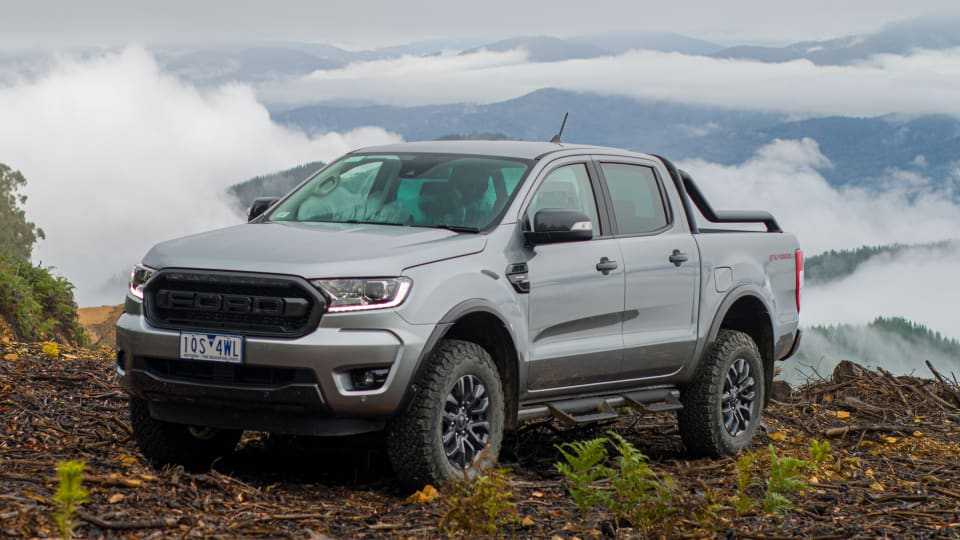After secretly removing fuel-saving’stop-start’ technology due to a semiconductor shortage, Ford Australia will pay a total of around $110,000 in compensation to about 100 owners of the current-generation Ford Ranger ute.
The removal of the fuel-saving feature, which automatically shuts down the engine while the car is stopped in traffic and restarts it as soon as the driver releases the brake pedal, boosted the official fuel consumption rating by 8%.
Affected cars are equipped with Ford’s twin-turbo 2.0-litre four-cylinder diesel engine, which is marketed as one of the company’s most fuel-efficient engines.
After secretly removing fuel-saving’stop-start’ technology due to a semiconductor shortage, Ford Australia will pay a total of around $110,000 in compensation to about 100 owners of the current-generation Ford Ranger ute.
The removal of the fuel-saving feature, which automatically shuts down the engine while the car is stopped in traffic and restarts it as soon as the driver releases the brake pedal, boosted the official fuel consumption rating by 8%.
Affected cars are equipped with Ford’s twin-turbo 2.0-litre four-cylinder diesel engine, which is marketed as one of the company’s most fuel-efficient engines.
Ford Australia will pay a total of roughly $110,000 in compensation to about 100 owners of the current-generation Ford Ranger vehicle after secretly deleting fuel-saving’stop-start’ technology owing to a semiconductor shortage.
The elimination of a fuel-saving technology that automatically shuts down the engine when in traffic and restarts it as soon as the driver releases the brake pedal increased the official fuel consumption rating by 8%.
Ford’s twin-turbo 2.0-litre four-cylinder diesel engine, which is advertised as one of the company’s most fuel-efficient engines, is used in the affected vehicles.
Because Ford altered the technical information in fine print on the brochure, not every client of the new version of the runout Ford Ranger is eligible for the $1100 refund.
However, some 100 customers ordered vehicles before the adjustments were announced, and when they received their new vehicles, the fuel-saving technology was missing.
